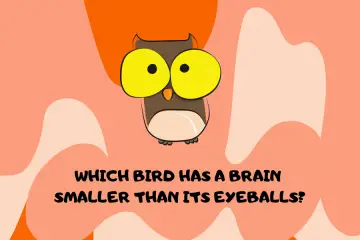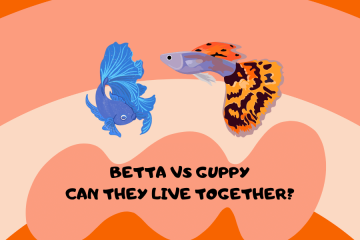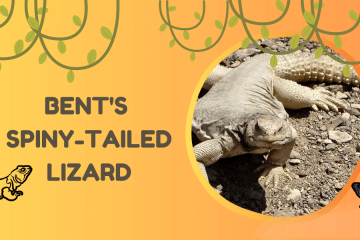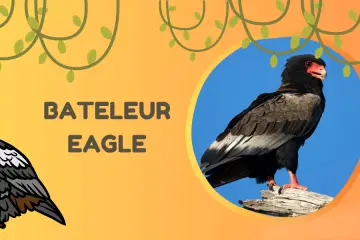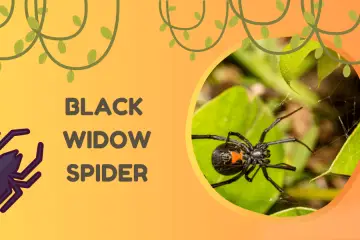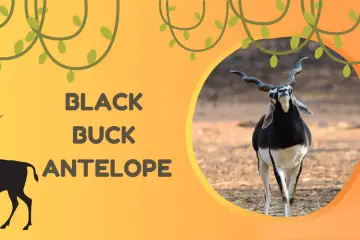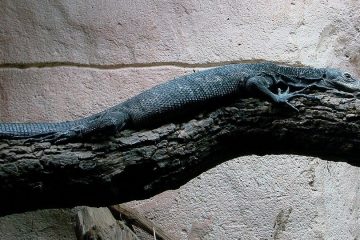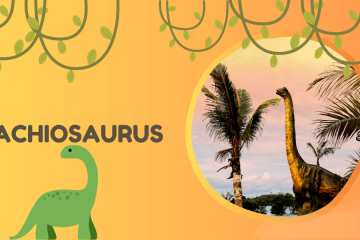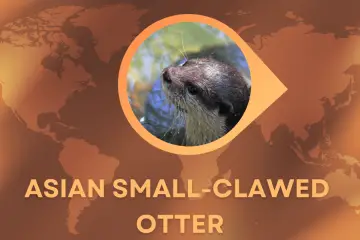The answer is yes. Like many herbivores, Guinea pigs live for fibrous foods like hay and grass. Similarly to hay, there are nutritional benefits to a healthy serving of grass.
Grass contains Vitamin C as well as many other important minerals and vitamins.
Anyone who has ever accidentally chewed grass will know that certain grasses are definitely heartier and tougher than others.
Guinea pigs live for this as their digestive systems are great for breaking down these fibers. Certain types of grass will help wear down their constantly growing teeth.
Guinea pigs actually enjoy fresh grass more than other types of food you offer them. If they have access to it, a cavy could just munch and crunch on it all day long.
How much grass can they eat?
Now that you know that Guinea pigs can, in fact, eat grass, the next question is most likely how much can they eat?
Depending on how much grass has made its presence known in your Guinea pigs diet is how much they should be allowed to eat.
Like any other animal, they cannot just dive headfirst into a bowl of new food that they’ve never experienced before.
If your Guinea pig is fairly new to eating grass, then keep their intake on the lower side. Too much grass for any Guinea pig, let alone a newbie grass-eater, can cause gas, diarrhea, or other possible issues with their intestinal tract.
It’s best to introduce your Guinea pig to the fresh spring grass slowly after winter time is over. Grass should be hearty and lush, similarly to their hay– not soggy and moist.
When they get used to it, your cavies can (and will) eat as much as they want. Like any other food though, remember to limit their intake to prevent overeating and excessive weight gain.
Grassy benefits for cavies
The grass is eaten across a broad variety of animals. A few of the benefits include:
- A reduction in the cholesterol levels within their bodies. Grass limits the growth of cholesterol levels inside a Guinea pig body and helps them avoid the negative effects of too much cholesterol present in their systems.
- As grass generally lacks the presence of high sugar content, this helps lower a Guinea pig blood sugar levels from other foods in their diet. High blood sugar levels found in an animal as little as this can result in frequent bowel movements, increased thirst, or even death.
- The nutrition in the grass helps your cavies fight any possible diseases or viruses that they may encounter. Grass fibers are also proven to be more filling, which in turn can help them lose weight if the little piggie is being a little too piggy.
- Grass helps reduce inflammation in many animals including Guinea pigs. When yours is getting older or faces any injuries, grass has been known to reduce inflammation and speed up the recovery process.
Grass guidelines
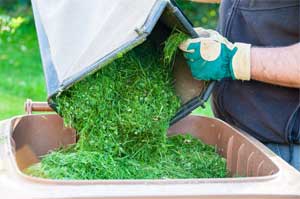
When playing outside in the lawn with your guinea pig, he may get tired and start munching away on the very surface he’s lying on. This should be okay as long as your grass has no pesticides, chemicals, or any type of spray on it. Never ever feed your pet grass clippings.
These are often mixed with other plants that could be toxic and will severely harm your guinea pig if ingested.
I wrote a step by step post about things to consider when planning to take your cavy outdoors.
If your grass doesn’t resemble a thick soft carpet then it is best for them to avoid eating your lawn.
Some of the earthy dirt and soil underneath has parasite or insect eggs mixed in with it. At this point, it would be safer to skip the munching and avoid future trips to the vet for deworming.
As mentioned earlier, wet grass is a big no-no for guinea pigs. Leaving your cute rodents to play on or even eat wet grass will consequently leave their fur wet.
The formation of fungal infections such as ringworm or lesions in their skin will appear after multiple encounters with wet grass.
If the grass is wet for an extended period of time, then chances are it is most likely wet and moldy itself. This is toxic for both Guinea pigs and humans alike, so it is best to avoid it as much as possible.
G.Y.O.G. (Grow Your Own Grass)
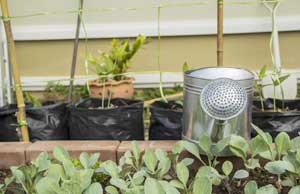
If you have a green thumb or have insufficient grass funds, growing it is a fairly easy option for giving your pets the grass they want.
You can grow it both indoors and out, just remember to avoid any contact with spray when outdoors.
Growing your own grass is the best way to guarantee that your guinea pig will have no unexpected illness after consuming it.
If indoors, a small flat or even pots of grass will do the trick. Setting aside a small corner in the yard or gardens when outdoors is a mess-free experience that requires little to no attention.
Knowing what type of grass to plant is also helpful. Wheatgrass or cat grass are both great options for your Guinea pig. Wheatgrass, however, is the better option in terms of health and nutritional value.
Grass and hay keeps the doctor away
Grass for all its nutritional benefits should never be the sole ingredient in your guinea pigs diet, find here my post about the best food that cavies like to eat.
Timothy hay is the preferred plant for your cavy with grass being the second best. Although grass is more nutritious in terms of the variety of vitamins, Timothy hay does a better job at dental maintenance.
Overall, grass and hay together will keep the little guy healthy and happy. Guinea pigs do eat grass and love it too. The grass is great for the cavies and will ensure nutrition for his well being.
Conclusion
For more information regarding guinea pigs’ training and care, subscribe to my newsletters to receive updates and new tips. For any questions or queries, feel free to comment below. Cheers!

Lydia King is a huge animal lover and has always been fascinated with learning about the animal kingdom. She enjoys writing about anything animal related from scientific information about rare species to animal references in pop culture.
